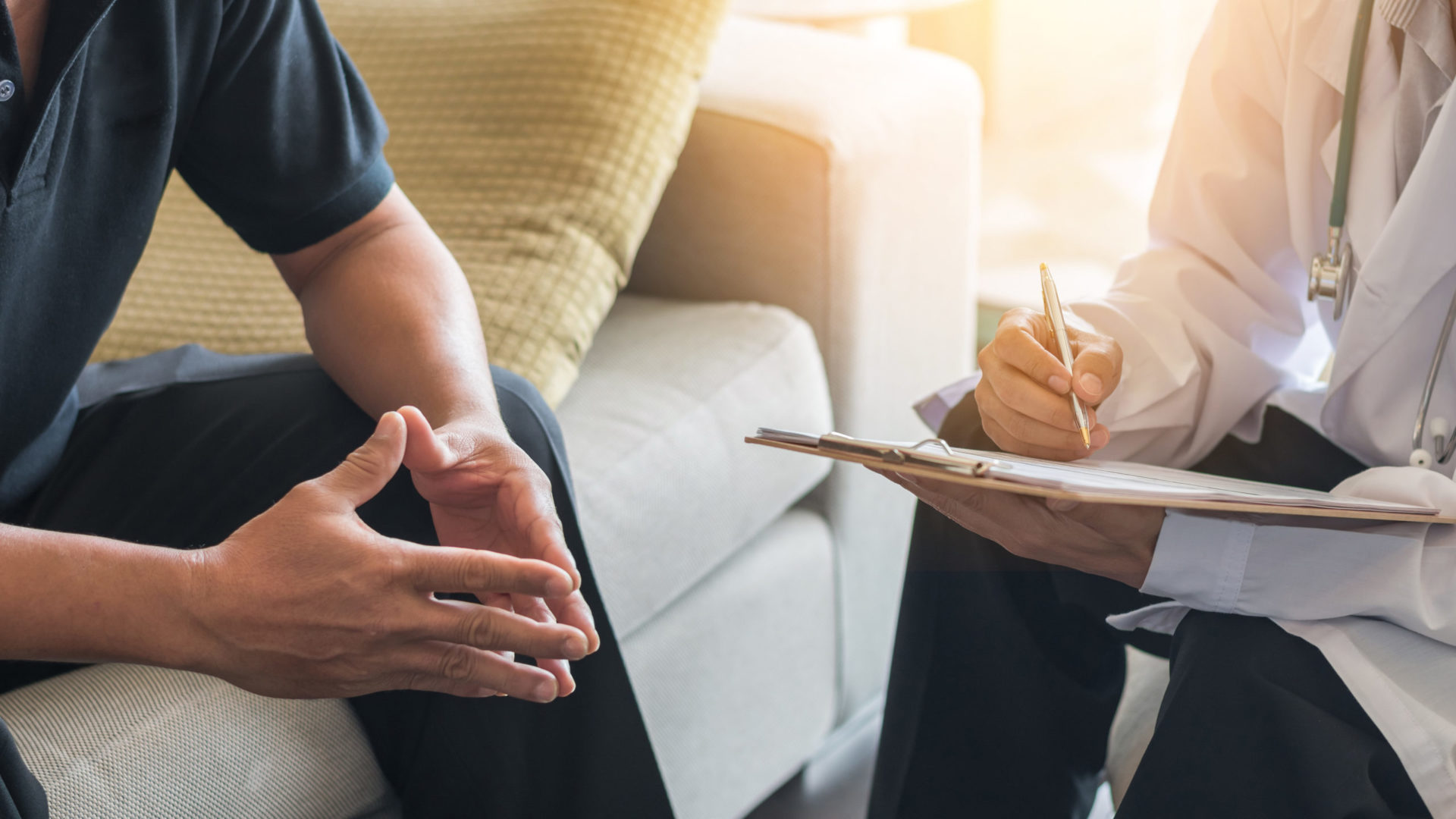Deciding to get an HIV test is often the hardest step to take, but it’s usually not as bad as you imagine.
How do I get my results?
Depending on the type of test you take, you will have to wait either a few minutes for your results (rapid test or self-test) or a few days or weeks (lab test). Your doctor should explain how you will get your test results. If you self-test, you will have information on how to read your results in your test kit.
If your result is negative, the center/clinic will contact you to inform you that you have had a negative result. All positive and ‘reactive’ results will need to be checked, so you will be asked to return for further testing.
If you have a positive result after using a self-test kit, you will need to go to a clinic/hospital or testing center.
What does a negative result mean?
If your HIV test result is negative, it means that the test has found no signs of HIV infection.
However, if you have been at risk of infection since your last test, you will need to be tested again. Also remember that most HIV tests can detect HIV within one to three months of exposure. If you have been at risk more recently, you will need to be retested to make sure the results are correct.
Using a condom (and injecting safely if you use drugs) is the best way to protect yourself from HIV.
Be aware that a negative HIV result does not mean that your partners are negative. The HIV test result only applies to the person who took the test. If any of your previous or current partners are worried about HIV, encourage them to get tested.
What does a “reactive” test result mean?
A reactive test result is a possible positive test result but means that it will need to be confirmed by another test. Your doctor or counsellor will talk to you about everything you need to know and answer any questions you may have.
You will need to give a new blood sample, which will then be sent to the laboratory for testing. At this stage, it is very important to follow the advice of your doctor or counsellor.
What does a positive test result mean?
If you get a positive HIV result, your doctor or counsellor will talk to you about what this means and what will happen next. For most people, receiving a positive diagnosis can be a shocking and emotional experience – this is perfectly normal. The counsellor is there to support you and answer any questions.
Treatment makes HIV infection now manageable. Your doctor can connect you to various support and treatment services and any other health services you need. You can ask any questions – it’s his or her job to answer your concerns. You will most likely be asked to schedule another appointment with him in the very near future. It is very important to go to the appointment and take advantage of any assistance that is offered. You may also be tested for other sexually transmitted infections (STIs) such as Hepatitis B, Hepatitis C and Syphilis.
“It’s been almost 6 months since I found out I have HIV. I was confused, angry, ashamed, I kept asking myself “Why me?”. Later, I started to accept the fact that I have HIV and that I can manage it and that if I take my treatment, I have a normal life.” Andrei
Will my test results be confidential?
Your test results should remain 100% confidential between you and those involved in your care and treatment. You can talk to your doctor about your rights and get advice on how to tell other people if and when you are ready.
Will my partner have the same results as me?
Don’t assume that whether you are positive or negative, your partner will have the same outcome. It is possible that your partner will have a different outcome than you. That’s why it’s good to encourage your partner to test themselves too, whether your results are positive or negative. If you’re worried about how to tell your partner you’re positive or how exactly to ask them to test, talk to your doctor or counsellor about it. Often, they can help you with methods and solutions.

